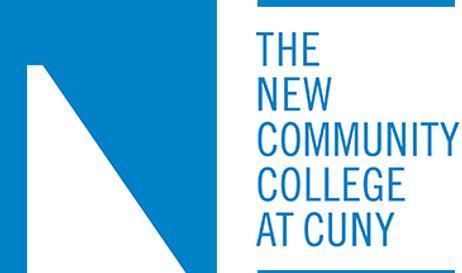Online learning is developing a more widespread presence at community colleges across the country. The ability to offer classes via the Internet allows for a greater number of students to take the courses on their own time. Flexibility is the big buzzword, with online options providing students the ability to work higher education around work and family responsibilities. However, these new online offerings have their drawbacks as well as their benefits, which have prevented students from embracing them as a full-time college choice.
Study Shows Online Learning Works in Some Situations
A recent study from the Community College Research Center and Columbia University’s Teachers College found that students prefer online classes in some situations, but not all the time. According to Inside Higher Ed, students preferred face-to-face contact with instructors if the classes were especially challenging or the subject matter was complex or important. Students told researchers they did not feel they learned the material in a class as thoroughly when the class was taught online.
This TEDTalk discusses online learning.
For the study, researchers talked to 46 students at two different community colleges in Virginia. Students surveyed had taken both online and face-to-face classes on their college campuses. While the number of students included in the study was relatively small, researchers believe they demonstrated a valid representation of community college students across the country.
U.S. News reported that the






















